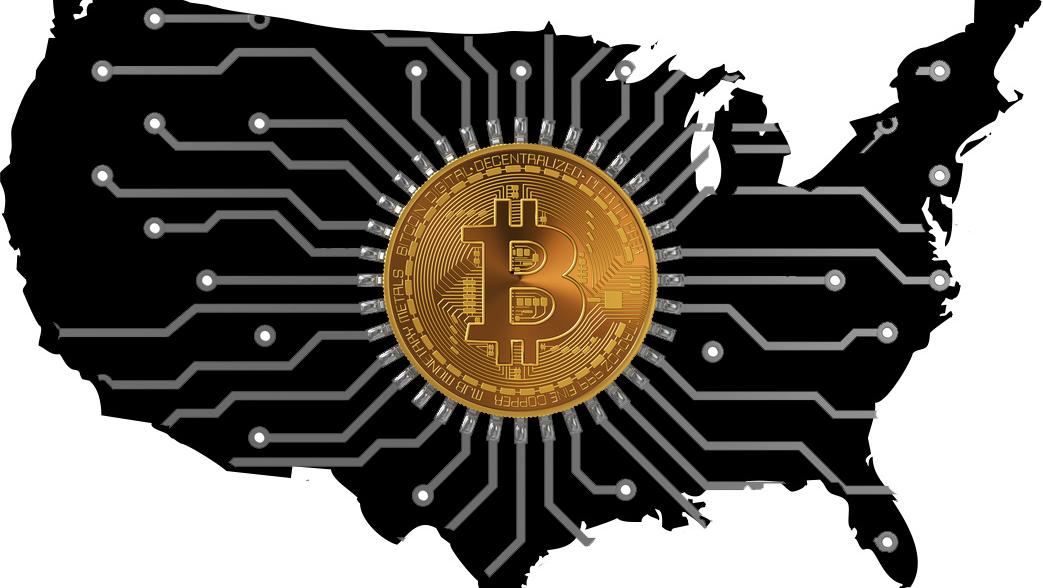PALO ALTO, Calif. (Reuters) - The Federal Reserve is looking at a broad series of problems around digital payments and currencies, consisting of policy, style and legal factors to consider around potentially providing its own digital currency, Governor Lael Brainard said on Wednesday. Brainard's remarks suggest more openness to the possibility of a Fed-issued digital coin than in the past." By changing payments, digitalization has the possible to deliver higher worth and benefit at lower cost," Brainard stated at a conference on payments at the Stanford Graduate School of Business.
Main banks internationally are disputing how to manage digital finance innovation and the distributed journal systems utilized by bitcoin, which promises near-instantaneous payment at potentially low expense. The Fed is developing its own day-and-night real-time payments what is fedcoin and settlement service and is presently evaluating 200 remark letters sent late in 2015 about the suggested service's style and scope, Brainard stated.
Less than 2 years ago Brainard told a conference in San Francisco that there is "no compelling demonstrated need" for such a coin. However that was prior to the scope of Facebook's digital currency aspirations were widely known. Fed authorities, consisting of Brainard, have actually raised concerns about consumer defenses and information and privacy threats that might be posed by a currency that might come into use by the 3rd of the world's population that have Facebook accounts.
" We are working together with other main banks as we advance our understanding of main bank digital currencies," she stated. With more nations checking out releasing their own digital currencies, Brainard Click here said, that includes to "a set Visit this link of factors to also be making certain that we are that frontier of both research and policy development." In the United States, Brainard stated, concerns that require research study include whether a digital currency would make the payments system more secure or simpler, and whether it could pose monetary stability dangers, consisting of the possibility of bank runs if money can be turned "with a single swipe" into the main bank's digital currency.
To counter the financial damage from America's unmatched nationwide lockdown, the Federal Reserve has actually taken unmatched actions, including flooding the economy with dollars and investing straight in the economy. The majority of these relocations got grudging approval even from numerous Fed doubters, as they saw this stimulus as required and something only the Fed might do.
My brand-new CEI report, "Government-Run Payment Systems Are Unsafe at Any Speed: The Case Against Fedcoin and FedNow," details the threats of the Fed's current strategies for its FedNow real-time payment system, and propositions for central bank-issued cryptocurrency that have actually been dubbed Fedcoin or the "digital dollar." In my report, I discuss issues about privacy, data security, currency adjustment, and crowding out private-sector competition and innovation.

Proponents of FedNow and Fedcoin state the government needs to create a system for payments to deposit instantly, instead of encourage such systems in the personal sector by lifting regulatory barriers. But as kept in mind in the paper, the private sector is supplying a seemingly unlimited supply of payment innovations and digital currencies to fix the problemto the extent it is a problemof the time gap between when a payment is sent out and when it is received in a checking account.
And the examples of private-sector development in this area are lots of. The Cleaning Home, a bank-held cooperative that has been routing interbank payments in different forms for more than 150 years, has actually been clearing real-time payments because 2017. By the end of 2018 it was covering 50 percent of the deposit base in the U.S.